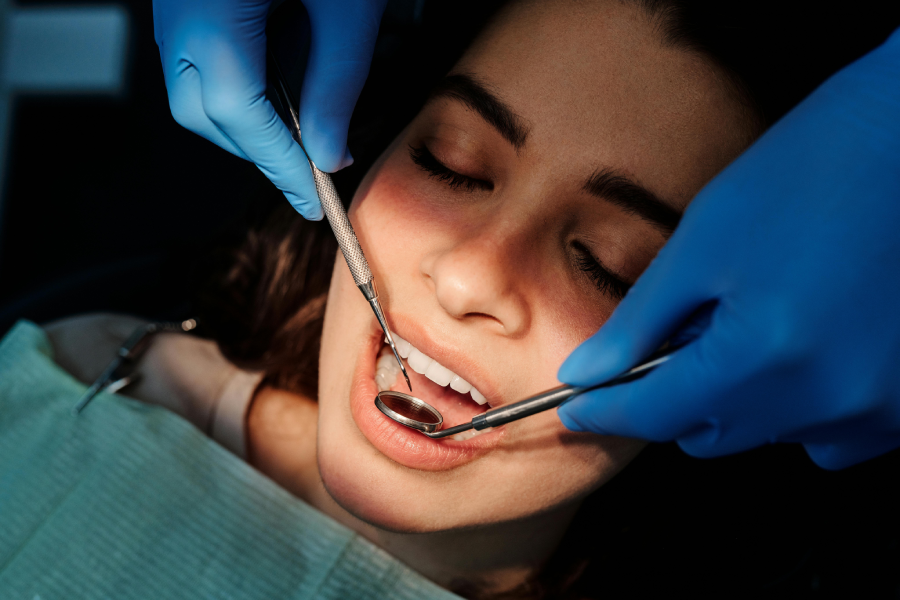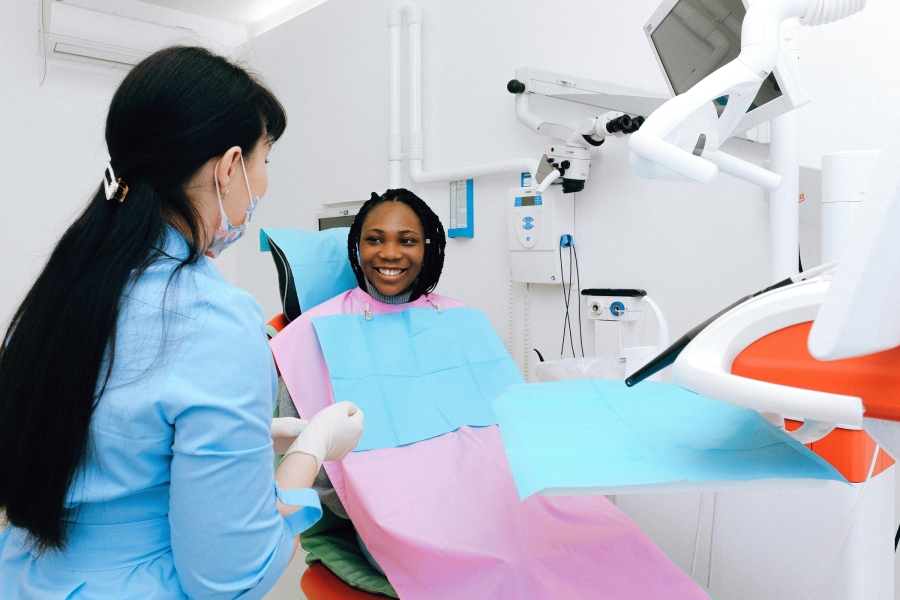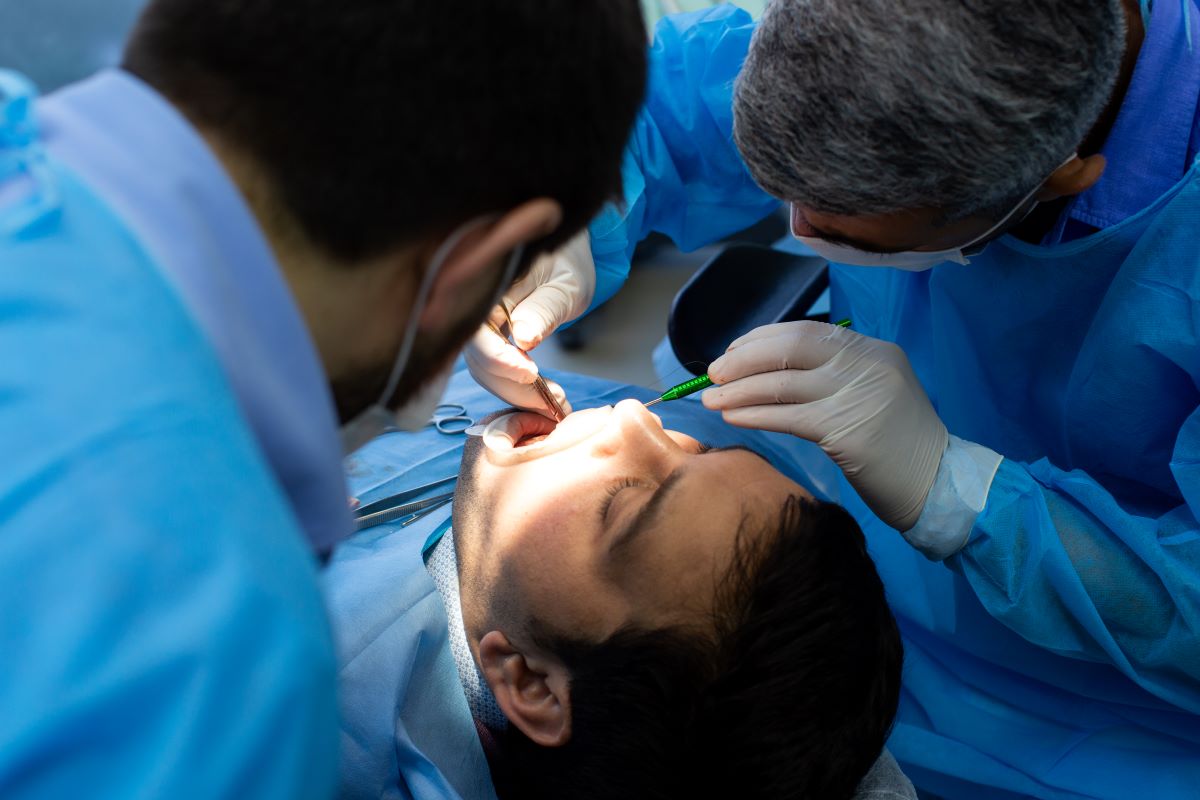A Root Canal Treatment (RCT) is a dental procedure done in order to save the patient’s teeth from infection or severe abscess. As a general procedure, it is practically safe. However, if you’re a pregnant woman, it’s quite normal to have a few concerns.
A lot of expecting mothers are troubled with getting an RTC. The primary reason is the possible health risks involved in acquiring this procedure. For example, undergoing RCT would cause both the mother and her child some stress. And we all know that too much stress and tension can affect the fetus.
In addition, there are medications that will be given to her that may also affect the child’s development. Furthermore, most Obstetricians would advise their patients to avoid getting exposed to this kind of risk, no matter how insignificant the risk is. Which is why, the safest option is to postpone the procedure not until after giving birth.
Nevertheless, there are also some cases where postponing it may even make things worse than better.We understand that there are two lives at stake here. However, this doesn’t mean that expecting mothers should start worrying about every kind of procedure that they might need and this includes getting a RCT.
Common Concerns
Below are some of the most common health concerns of pregnant women with regards to getting an RCT:
- X-rays – Your dental expert would ask you to get an intraoral x-ray to check the condition and the orientation of your roots. While it is true that x-rays may harm the fetus, dental x-rays are safer because the radiation won’t directly affect the baby since it won’t be done on the abdomen where the fetus is.
- Surgery – During the surgery, the mother may feel some anxiety and tension which may also upset the fetus.
- Medications – Aside from local anesthesia, there are cases where the dental professional will prescribe you with antibiotics, but these situations are rare. Fortunately, there are new medications which are now proven safe for pregnant women.
Read more on: Prevent tooth decay & avoid losing teeth | Detect & treat early signs of cavities
Risks of Getting a Root Canal Treatment for Pregnant Women
If you have a severe case of tooth infection and your specialist advised you to get a RCT, then it might be a good idea to go on with the procedure. The reason is because postponing it any further may cause an even bigger risk for both the mom and the baby. For example, here are a few of the risks involved in delaying it:
- Toothaches – An infected tooth will definitely cause unbearable pain as well as headaches. This is stressful to the mother and that may affect the development of the fetus.
- Infection – In addition, postponing it will make the infection even worse. Moreover, the bacteria from the infected tooth may spread throughout the entire body. Compared to the pain, this will definitely affect the baby, which may eventually result in a couple of complications.
While there are some risks involved in pregnant women getting a RCT, ultimately, there is nothing to worry about. In addition, our experts will keep you and your child’s safety in mind. With regards to that, our team will perform several precautionary measures such as the following:
- If the pregnant woman is in her 1st trimester, we will NOT perform the root canal treatment. The reason is because it is during this time that the baby is most susceptible. However, if it’s really necessary, then we’ll proceed with extreme caution. We can open the root and drain it.
- On her 2nd trimester, a root canal procedure may be done if necessary. The good news is, taking this treatment will not pose any risk to the fetus.
- On the other hand, if the pregnant woman is in her 3rd trimester, getting a root canal should be carefully considered. However, if the patient has a severe case of tooth infection, then the procedure should be done as soon as possible or postponed until after the delivery. Furthermore, if the pregnant woman is on her 7th month, the treatment should be delayed while the surgery should be postponed during the 8th month of pregnancy.
Frisco, Texas area










